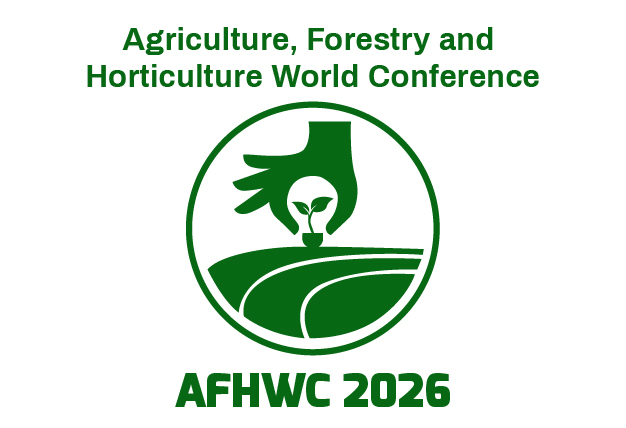Speakers - AFHWC2025

Sonia Vivona
Sonia Vivona
- Designation: Institute for Mediterranean Agricultural and Forestry Systems (ISAFOM), National Research Council of Italy (CNR)
- Country: Italy
- Title: Social Agriculture for Life Quality and Environmental Sustainability A Case Study
Abstract
The experience in Social Farms is an opportunity for aggregation and improvement of life quality and psychophysical well-being, according to the WHO's definition of active aging as a “process of optimizing health opportunities, participation and safety to improve people's quality of life". Social Agriculture (SA) is part of a welfare model in which environmental protection, enhancement, as well as people well-being and social integration, can find their maximum expression.
A preliminary desk analysis to size number, sectors of specialization and recipients of companies operating in SA in Italy was conducted. Therefore, a case study was conducted on a sample of 19 companies located in Calabria and Sicilia (Italy) to analyse their activities and the psychophysical well-being parameters linked to the stay in natural environments by the over65 people attending them on regular basis / residential mode.
The case study confirms the importance of the Green Care sector and services related to the natural environment, especially for the people most socially vulnerable. The environment quality in SA farms, frequented not only for potential nutritional purposes (horticultural therapy) but also as a provider of ecosystem services related to health (e.g., air quality) or as an aesthetic-spiritual landscape element, is confirmed as element of psycho-physical-cognitive well-being by the subjects interviewed, along with a Mediterranean Diet and healthy lifestyle and social activities.
SA can lead to a welfare model in which environmental protection and enhancement, well-being, and social integration can find their full expression within an ethical commitment to sustainable development and healthy lifestyles, with a positive response to loneliness and degenerative diseases affecting older adults. This will help public policy decisions toward new models that foster increasingly participatory and inclusive active aging processes

